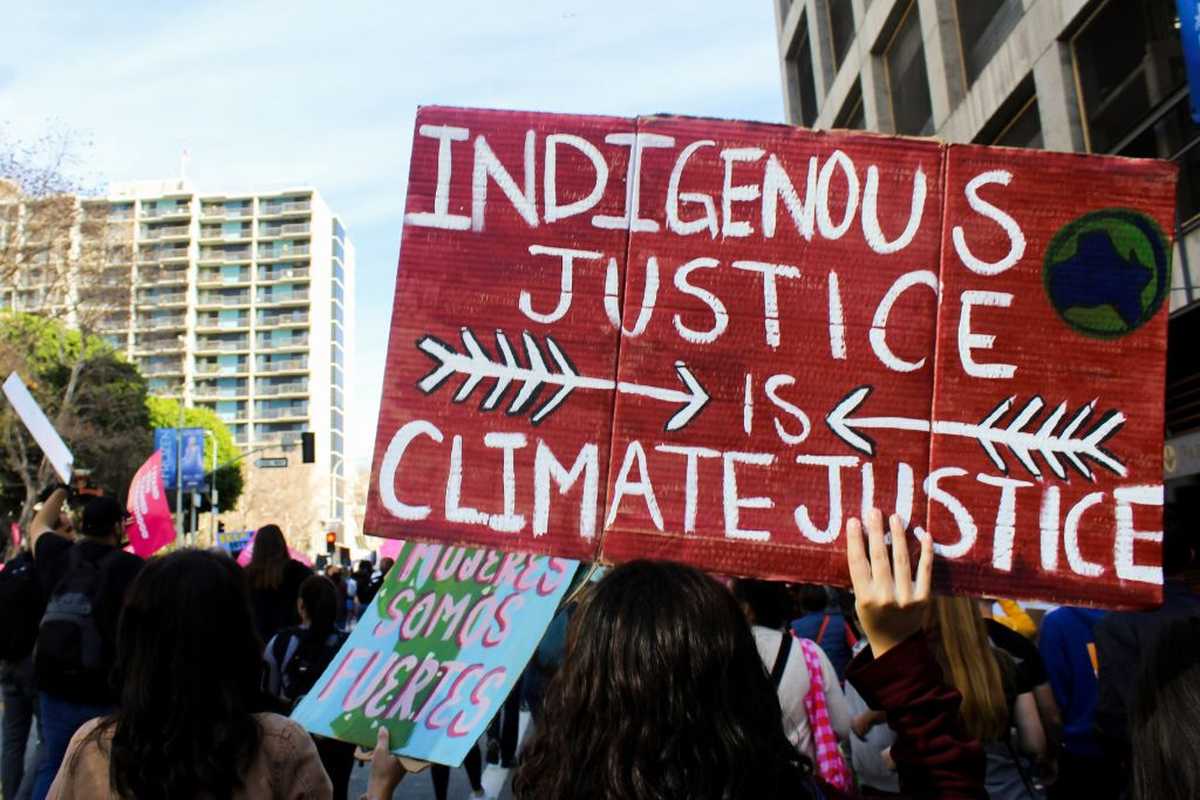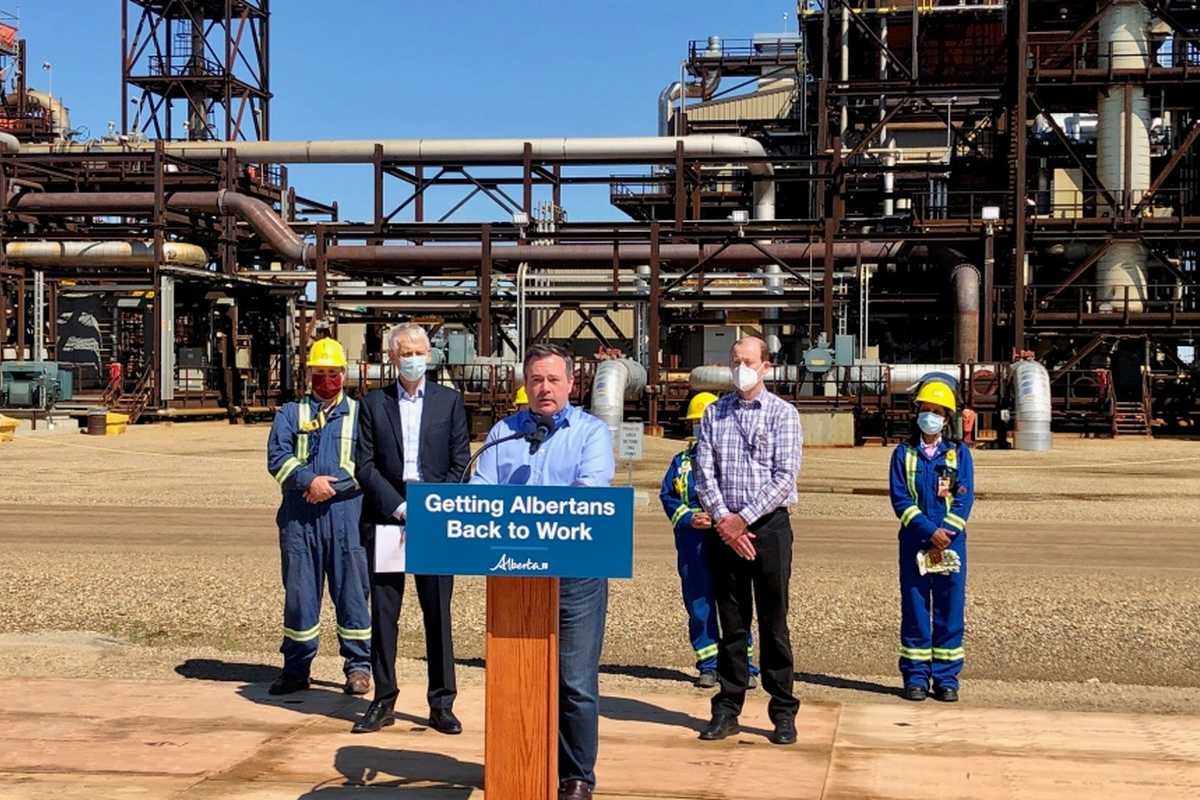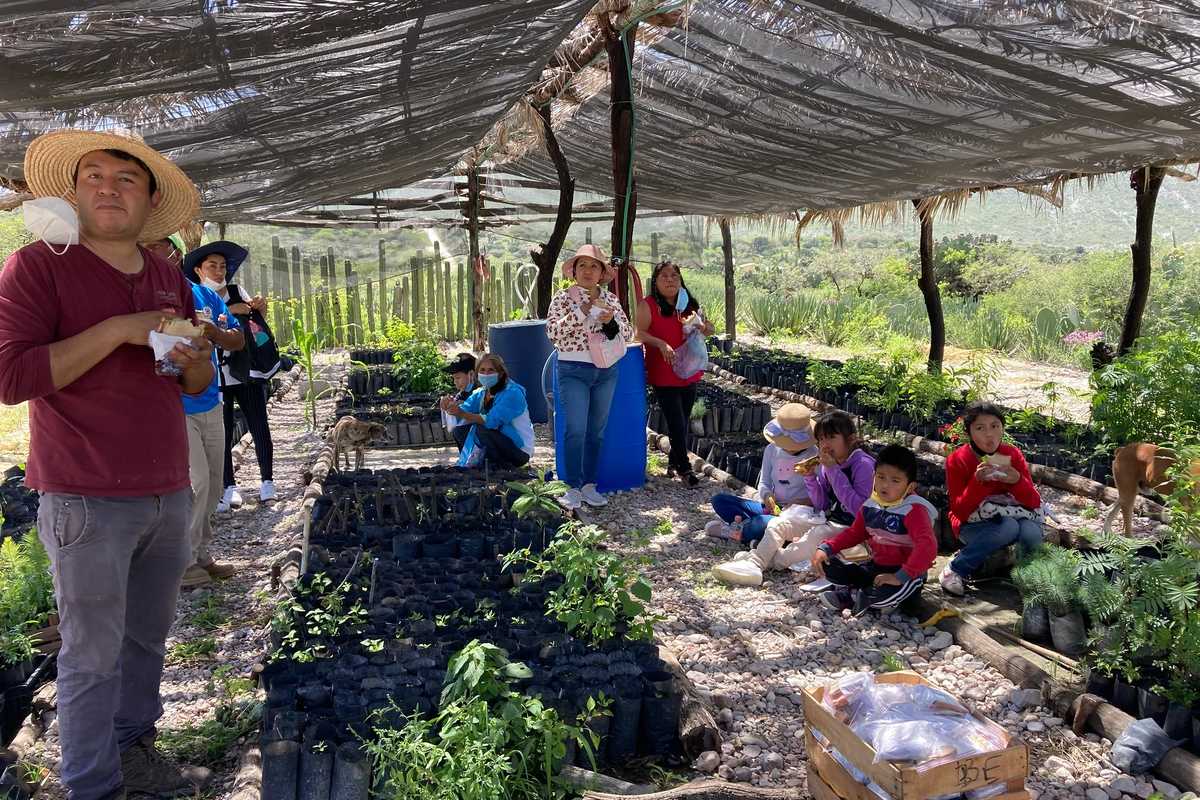Indigenous Peoples, as stewards of our planet, possess a profound awareness and reverence for the environment’s gifts, grounded in their unique relationship with the earth and its living beings. This relationship forms the bedrock of how Indigenous Peoples approach natural resource development in Canada.
Integral to responsible resource development in Canada are Indigenous rights, reconciliation, and meaningful participation. Their involvement in discussions on environmental protection and climate action is vital.
Nevertheless, the perspectives of Indigenous communities across the nation vary significantly, yet they are frequently grouped into a single overarching opinion. Canada hosts over 600 First Nations, along with numerous Metis and Inuit communities, each naturally harboring diverse views on climate, the economy, and their preferred involvement in these sectors.
Not all nations endorse pipeline development, just as not all oppose it. It is crucial to accord equal consideration to these varied opinions, as they independently hold merit and articulate distinct desires.
- First Nations such as Tsleil-Waututh Nation, Squamish Nation, Coldwater Indian Band, and a coalition of small First Nations in the Fraser Valley stand in opposition to projects like the Trans Mountain pipeline expansion (TMX) in British Columbia.
- In contrast, more than 120 out of 129 other First Nations along the Trans Mountain pipeline expansion (TMX) route, along with an additional 130 First Nations represented by the Indian Resource Council, either support or do not oppose the project.
- The First Nations Major Projects Coalition comprises First Nations actively asserting their right to ownership and meaningful involvement in major projects taking place on their land.
- The Mohawk Council of Kanesatake, a First Nation in Quebec, has expressed a resolute anti-development stance, prioritizing the protection of its people and lands.
- The First Nations LNG Alliance serves as an advocacy group for First Nations, vocalizing their endorsement of responsible natural resource development related to LNG in British Columbia.
For additional details on Indigenous engagement in natural resource development, explore our Indigenous page, or visit the Indigenous Resource Network, a platform amplifying Indigenous voices supportive of their participation in resource development.
Be a Part of the Action!
As the global shift toward a lower-emissions future accelerates, Canada is poised to maintain its historical role as a world leader. Through the introduction of innovative ideas and the development of clean technologies, the country is committed to realizing this sustainable vision.
Numerous companies at the forefront of these advancements, particularly in waste reduction and environmental protection, belong to the natural resource sector. It is crucial to lend support to these world-class companies, as they play a pivotal role in safeguarding both people and the planet. The collective efforts of Canada’s natural resource sector not only contribute to the prosperity of these companies but also benefit the global environment, both presently and in the years to come.




